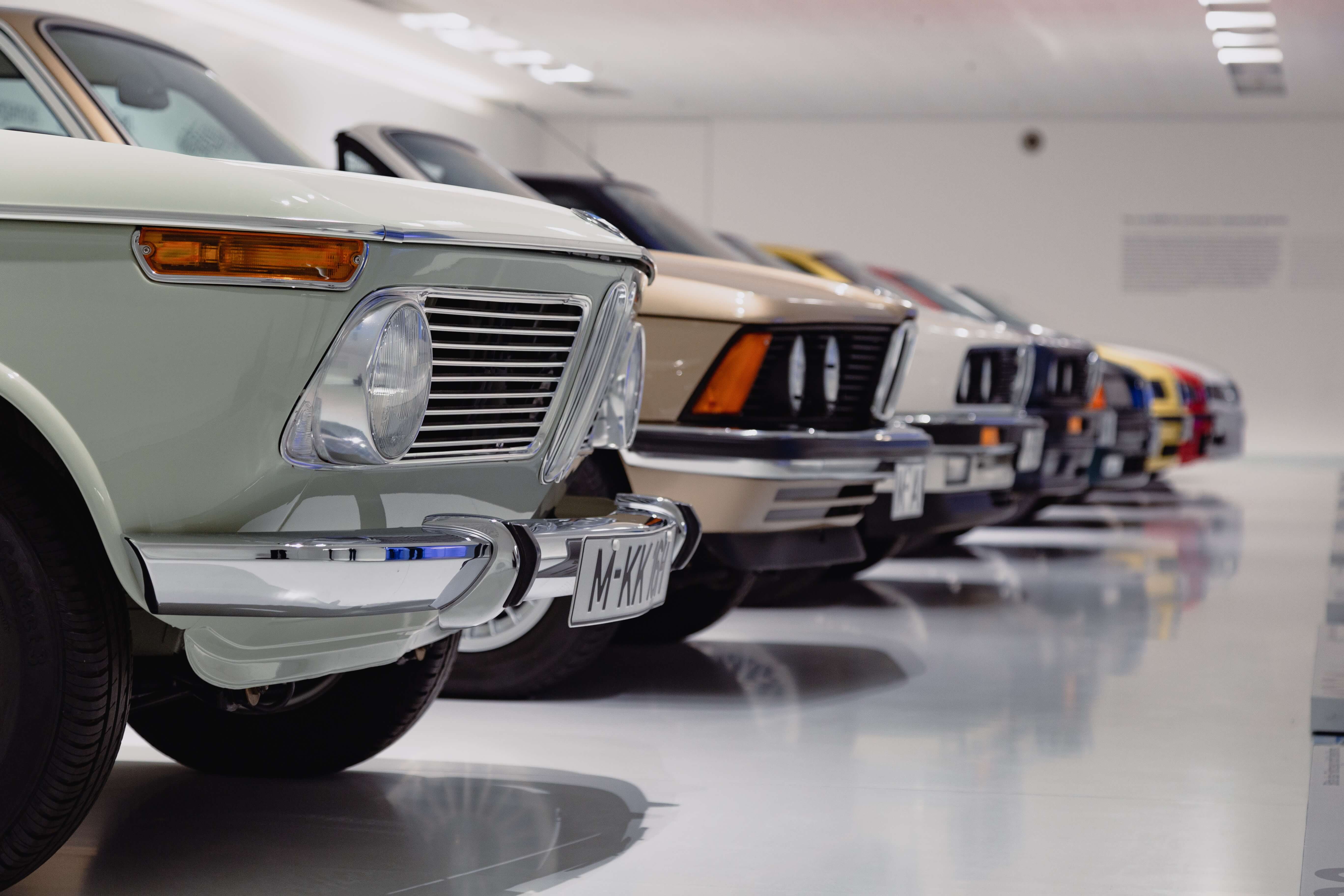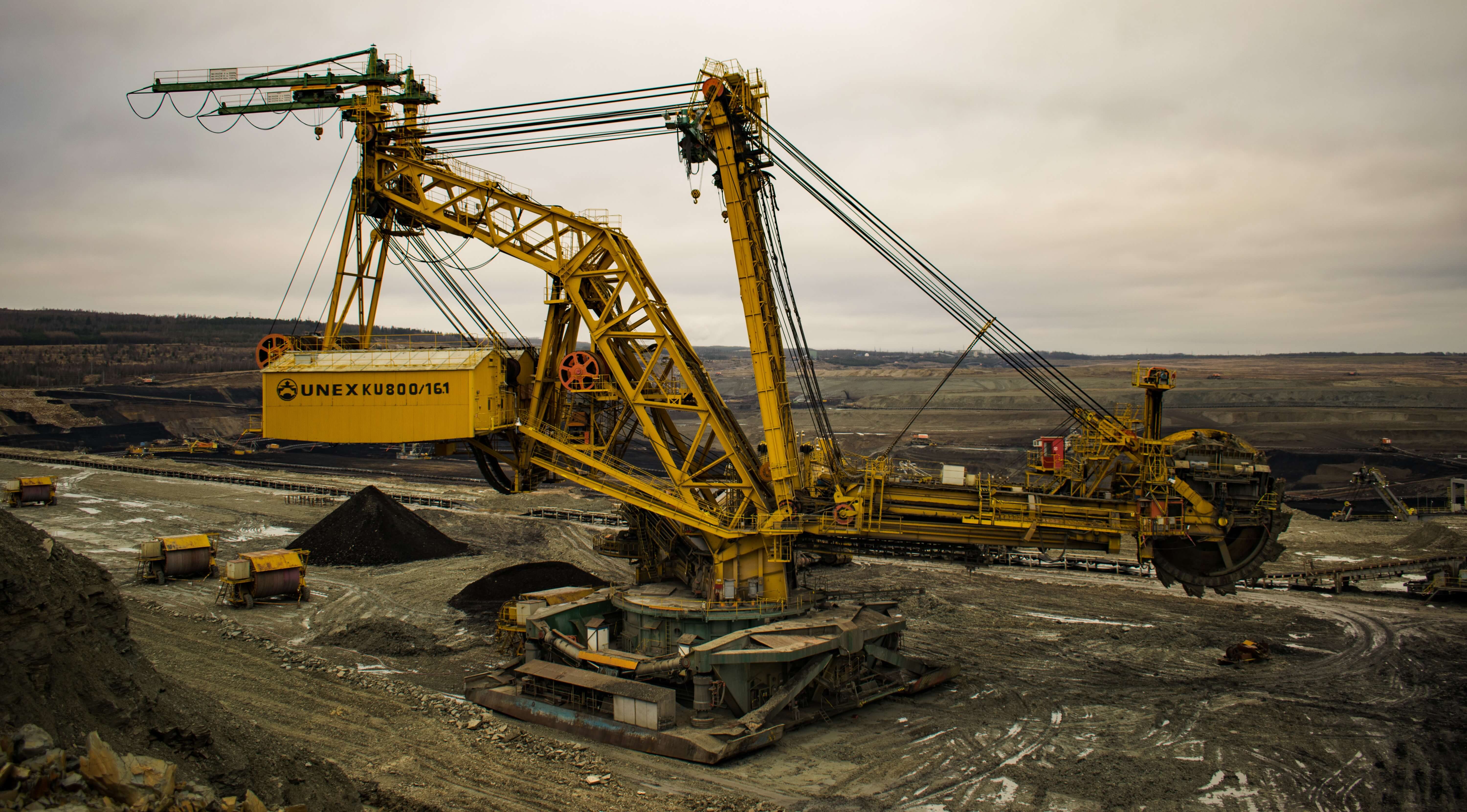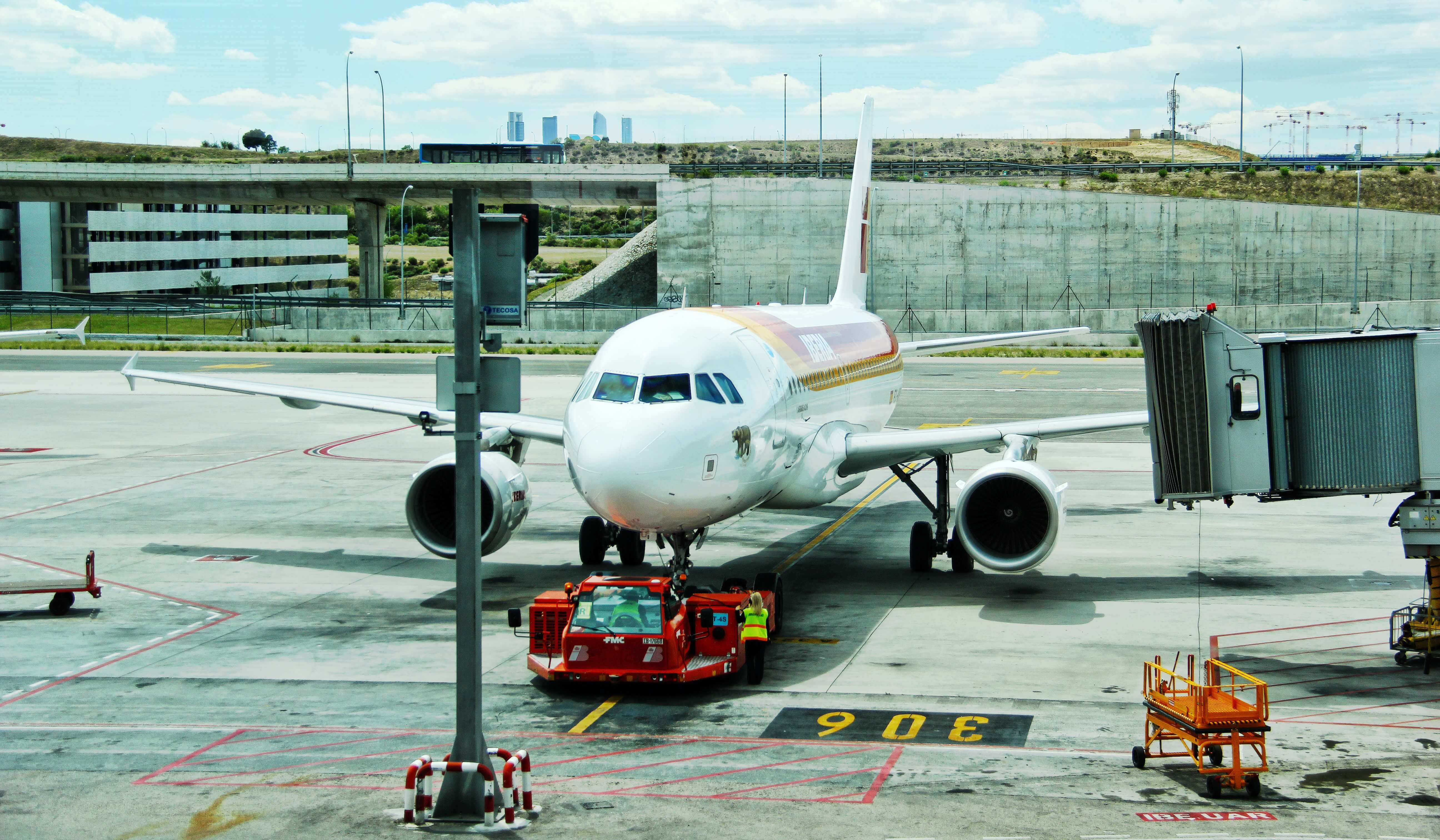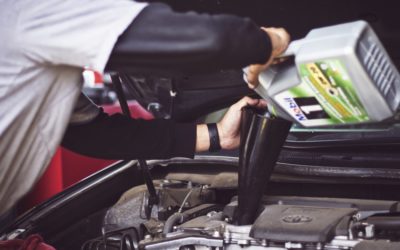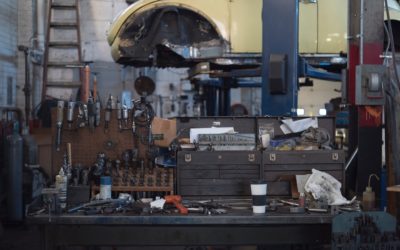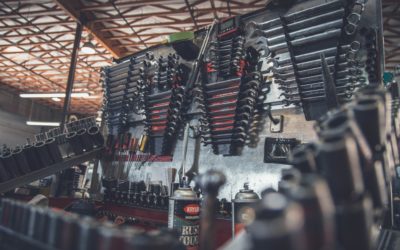Types of Mechanics - Choosing Your Career Path
Wondering what types of mechanics there are? This is the place to choose your career path and answer the question, "What types of mechanics are there?"Something that can be forgotten is that there is not just one type of mechanic.
In fact, there are many types of mechanics. With the way automotive transportation has exploded in popularity, mechanics need to have focuses to treat all the types of transportation. Whether this is working on everyday cars to working on large heavy duty rigs, they all fit under the mechanic umbrella.
So, let’s find out what types of car mechanics and other mechanics are out there!
What Types of Mechanics are There?
General Automotive Mechanic
For starters, service technicians will encounter a vast amount of different repairs. So, they should be extremely knowledgable with both electronic and mechanical components of a car. The mechanical components include engines, brakes, steering systems, drive belts and transmissions. In order to actually complete a repair, auto mechanics need to be good with wrenches, lathes, and more than ever before, computerized diagnostic tools. There are many ways to gain this training. In order to become a mechanic you can either gain formal training through mechanic school or an apprenticeship, or learn as you go!
The world of automotive technology is ever-changing. Today, it is transforming into a more computerized industry than ever before. Mechanics today have tools at their disposal that would seem like science-fiction to mechanics in the past. Therefore, mechanics need to have a great understanding of computers and be comfortable operating them. The future of the automotive repair industry is changing but it will not go away.
Job Requirements
Here are the typical job requirements expected by most companies who hire general automotive mechanics:
- Ability to use computerized diagnostic tools to identify mechanical issues
- Knowledge to test different systems and parts for existing or potential problems
- Routine maintenance – care of tires, oil changes, other fluid maintenance
- Ability to repair broken, worn, or malfunctioning parts
- In order to get to specific parts, able to disassemble and reassemble components
- Strong communication skills to relay information on diagnosis and necessary repairs to clients
Categories of Auto Mechanics
- Drivability Technicians
- Transmissions Technicians and Rebuilders
- Front-end Mechanics
- Brake Repairers
- Automotive Air-conditioning Repairers
Diesel Mechanic
Diesel mechanics will work on many vehicles that are used for public services. For example, many firetrucks and ambulances run on diesel engines. This ensures that they are on the road more often as reliable vehicles. On top of that, diesel mechanics get to maintain many different vehicles used for construction such as bulldozers, cranes, and trucks. Some boats and power generators even run on diesel engines! So, of all the types of mechanics, diesel mechanics get to see some of the most variety.
Job Requirements
As a result of working with so many different pieces of equipment, some of these requirements will vary. These are just a guideline for what you can expect to do as a diesel mechanic:
- General repairs of broken, worn, or malfunctioning parts
- Routine maintenance such as replacing batteries, lubricating equipment, and aligning wheels
- Inspect and diagnose problems with brake systems, engines, transmissions, and steering mechanisms
- Ability to use hoists and jacks to raise buses, trucks, and other heavy machinery/equipment
- Use diagnostic equipment and interpret test results to properly maintain vehicles
- Test driving vehicles for malfunctions
- Comfortable following a checklist to properly inspect a vehicle/engine
Categories of Diesel Mechanics
- Automotive Service Mechanics
- Small Engine Mechanics
- Heavy Vehicle and Mobile Equipment Mechanics
Small Engine Mechanics
As a small engine mechanic, you have the opportunity to repair a multitude of mechanical, fuel, and electrical issues in an engine. In order to complete these repairs, small engine mechanics need to be comfortable using wrenches, pliers, and screwdrivers. Along with these, many of the more complex repairs will need detailed diagnostics which will come from running computerized diagnostic tests. Small engine mechanics can work on a variety of engines. Often working on either motorcycles, boats, or other outdoor power equipment.
Job Requirements
Because of the similar types of engines to general auto mechanics, the job requirements will be extremely similar:
- Ability to use computerized diagnostic tools to identify mechanical issues
- Knowledge to test different systems and parts for existing or potential problems
- Routine maintenance – care of tires, oil changes, other fluid maintenance
- Ability to repair broken, worn, or malfunctioning parts
- In order to get to specific parts, able to disassemble and reassemble components
- Strong communication skills to relay information on diagnosis and necessary repairs to clients
Categories of Small Engine Mechanics
- Motorcycle Mechanic
- Marine Mechanic
- Outdoor Power Equipment Mechanic
Heavy Equipment Mechanics
Many children dream of operating or working on huge construction trucks and equipment, you can make that a reality as a heavy equipment mechanic. Many of the vehicles heavy equipment mechanics work on are in farming, construction, industrial, and even railroad transportation. Because of this, these mechanics get to work on many different types of equipment. Therefore, heavy equipment mechanics can expect to maintain engines, hydraulic systems, and electrical systems. In order to maintain those mechanical components, the mechanics will need to be familiar with a few different pieces of diagnostic equipment, quite a few different power tools, and be skilled in welding.
Job Requirements
The equipment these mechanics will be working on can be quite large. The job requirements will reflect that as some things seem like tasks for a house rather than a vehicle:
- Scheduling and completing regular maintenance
- Utilize diagnostic tools to identify malfunctions
- Knowledge of and ability to read and understand blueprints, operating manuals, and drawings
- Ability to inspect and identify issues then repairing/replacing defective parts
- Test major components
- Overall understanding to disassemble and reassemble equipment
- Comfortable with traveling for large equipment repairs on-site
Categories of Heavy Equipment Mechanics
- Agricultural Equipment Mechanics
- Mobile Heavy Equipment Mechanics
- Rail Car Repairers
Aircraft Mechanic
Although you do not need any certifications to work on aircraft legally, without any you will always need to be supervised by someone who does. So, it is important if you want to advance in your career to obtain either the airframe rating or power plant rating mechanic/repairman certificate from the FAA. With the mechanic certificates rather than the repairman, you will be able to perform all repairs on aircraft while as a repairman you will only be able to perform a few certain tasks.
Job Requirements
Although the major components change, the job requirements are similar to that of an automotive mechanic. You will only be working on something with wings and jets rather than just wheels and an engine.
- Review and examine all replacement parts for defects before replacing
- Replace defective parts
- Comfortable with diagnostic tools to identify electrical and mechanical issues
- Understand what repair procedures are necessary for certain projects
- Ability to repair wings, brakes, major components of aircraft, and electrical systems
- Build habit of inspecting completed repairs to ensure performance standards
- Keep detailed record of repairs and maintenance done
Categories of Aircraft Mechanics
- Airframe and Powerplant Mechanic
- Avionics Technician
- Designated Airworthiness Representative
- Inspection Authorized Mechanic
- Repairman
Choosing Between Types of Car Mechanics or Others
In the end, do your research and get your foot in the door!
Decide what is the best path for you, it might be mechanic school or it might be starting as a janitor and working your way up to a technician. Either way, you should do your research before diving in. Some career paths will require more training than others. Some will require you to travel. Some will be more physically demanding.
Find out which of the types of mechanics pathways is right for you, then go for it. No holding back!
As always, we are here to help. If you have any questions, comments or concerns, please let us know. Our goal is to bring aspiring mechanics closer to their dream job. Contact us today to get on your way!
Explore More Resources for Mechanics
Automotive Careers List
After school, there are many career paths you can take in the automotive industry. Check out this automotive careers list for potential jobs you could get.
Beginner Mechanic Tools
When starting out your automotive training, you will need a nice tool set to get you off the ground. These are the best beginner mechanic tools.
How Much Does Auto Mechanic School Cost?
Mechanic school can be expensive and the costs behind can be confusing. You may be asking, how much does auto mechanic school cost? Here’s a start.

